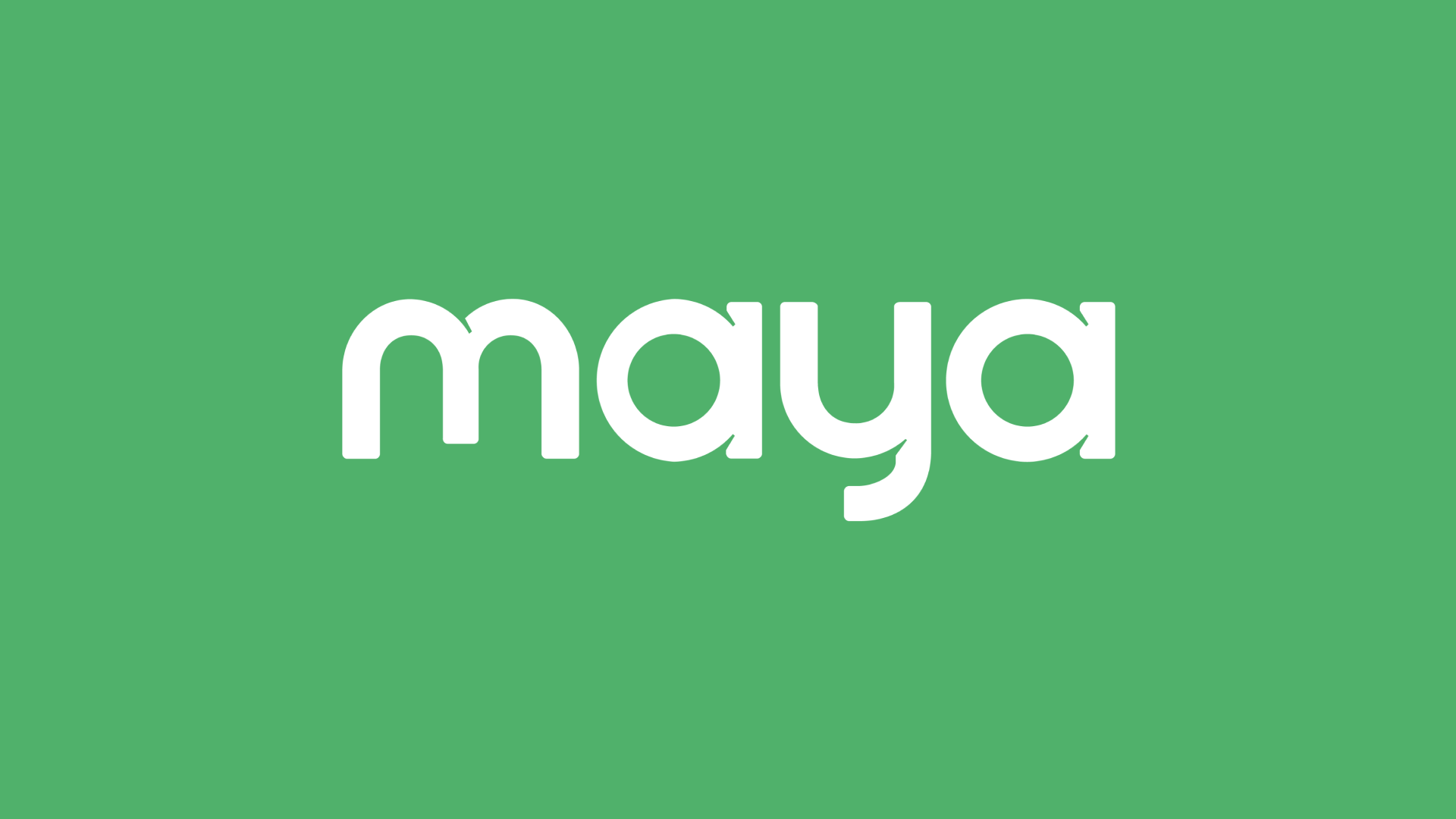
Alongside its numerous benefits, it’s essential to acknowledge that participating in the digital marketplace as an entrepreneur comes with the risk of falling for scams that target online businesses. Forewarned is forearmed, and as a merchant, you need to familiarize yourself with the nature and common tactics used by criminal actors to carry out popular scams. Adopting this proactive approach will help you avoid the negative impact of these malicious attacks. To that end, below are some of the most common types of e-commerce scams in the Philippines that you and other business owners should be aware of.
1. Chargeback Fraud
Chargeback fraud involves fraudsters posing as legitimate customers who make purchases using stolen credit card information. Alternatively, scammers can also falsely claim that the transaction that used their details was unauthorized. After this, they’ll request a chargeback from their credit card issuer, resulting in the e-commerce business losing both the product and the revenue.
You can do the following to avoid chargeback fraud:
2. Joy Reservers and Bogus Buyers
Joy reservers (or joy “miners”) and bogus buyers are especially common in the live selling or live commerce market in the Philippines. Joy reservers refer to individuals who express interest in purchasing an item but do not follow through with the transaction. They may reserve an item by saying they intend to buy it, then they negotiate a price or ask for more information, only to back out of the deal without completing the purchase. Some people do this to gather information about the item’s price, condition, or features with the purpose of comparing products across different merchants, while others do it simply for the fun of it or to cause distress to merchants.
Bogus buyers, on the other hand, can refer to individuals who make fake purchase offers or orders with no intention of completing the transaction. They may provide false information, refuse to pay, or disappear after placing an order. In some cases, bogus buyers may go as far as accepting shipping of the items they ordered, only to reject the orders upon delivery. They might claim that the item is not as described, damaged, or defective, even if it's not true, or they could claim that they didn’t really make an order to begin with.
You can steer clear of these scammers by doing the following:
3. Phishing Scams
Just like individual consumers, e-commerce businesses are also vulnerable to phishing scams. In e-commerce, these schemes involve fraudsters who impersonate legitimate customers by sending deceptive emails or messages. Their goal is to trick business owners, their staff, or their customers into providing sensitive information such as your customers’ payment card numbers, your staff’s login credentials, or even your personal details.
To reduce your business’s vulnerability to such activities, implement the following:
4. Account Takeover (ATO) Fraud
ATO fraud occurs when fraudsters gain unauthorized access to a customer's e-commerce account. They do this by obtaining or guessing their target’s login credentials. They then make purchases using the compromised account or steal stored payment information.
Avoiding account takeover fraud usually involves the following steps:
Additional: Repeated Refund Requests
Refund requests, while not exactly a type of fraud, can still negatively impact your business, especially if it happens frequently. Often done in good faith, refund requests can take place when a customer does not receive the product they ordered for various reasons, or if it is different from what they are expecting. It can be a challenge to avoid these costly issues, but it’s possible to limit their impact by being proactive in adopting preventive measures, which can include the following:
Protect Your E-Commerce Business By Using a Secure Payment Gateway
By implementing these proactive strategies and staying vigilant against the common scams targeting e-commerce businesses, you can protect your livelihood and maintain the integrity of your online operations. Start by integrating a secure payment gateway into your digital store. Sign up for Maya Business to use our Shopify payment gateway plugin and add the Maya Checkout to your website.
On top of gaining access to a secure payment solution that’s protected by a list of robust safety measures, setting up a Maya Business account also lets you open a Maya Business Deposit account and use it as your settlement account. With an industry-leading 2.5% per annum interest rate, you’ll earn PHP 25,000 in interest per year on a PHP 1 million deposit. Furthermore, you’ll be able to send money to your partners and suppliers for free via InstaPay and PESONet. Signing up also qualifies you for a no-collateral Maya Flexi Loan offer of up to PHP 2 million in just 3 months, which you can use to grow your business and boost its anti-fraud measures. Just use Maya Business as your primary processor for all wallet and card payments. The more you use our solutions, the better the loan offer will be. Sign up for Maya Business today to enjoy the benefits of Maya Business solutions.
Merchant inquiries:
Maya is powered by the country's only end-to-end digital payments company Maya Philippines, Inc. and Maya Bank, Inc. for digital banking services. Maya Philippines, Inc. and Maya Bank, Inc. are regulated by the Bangko Sentral ng Pilipinas.
www.bsp.gov.ph